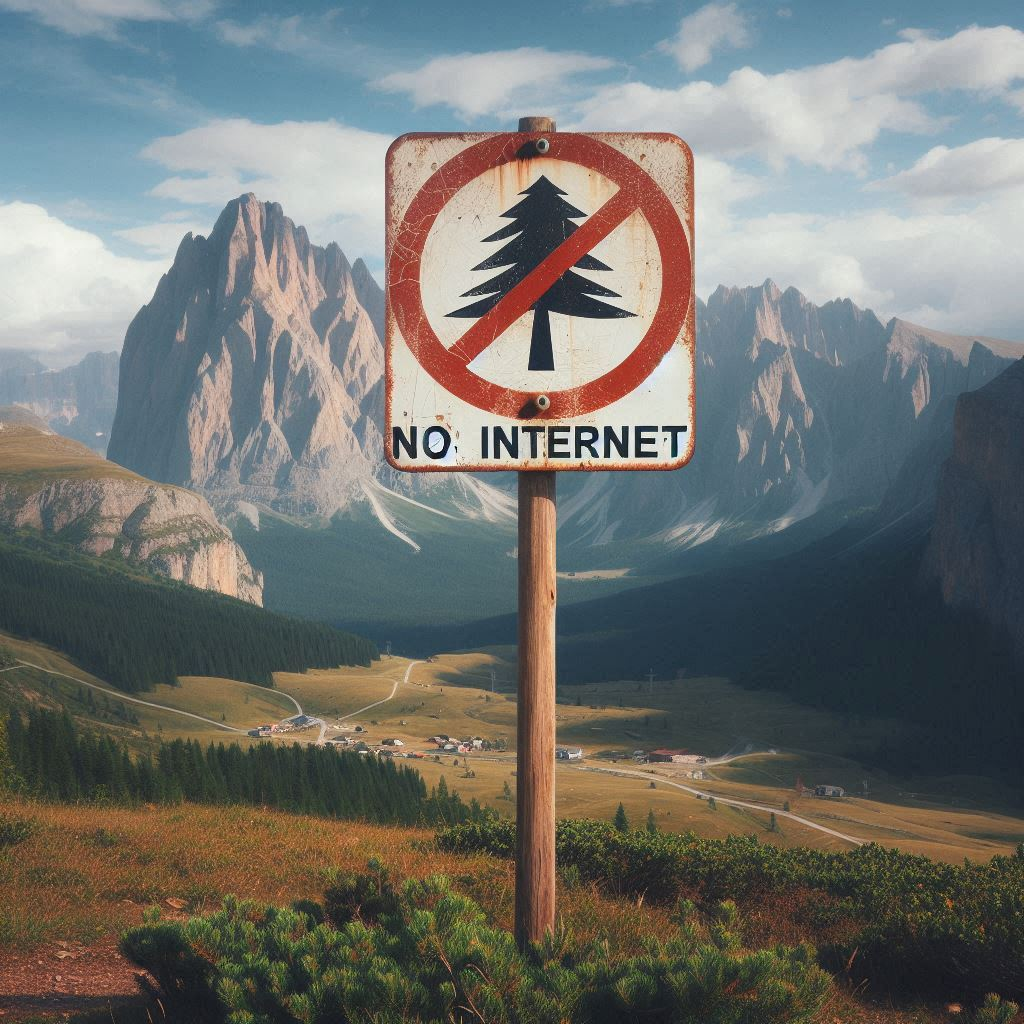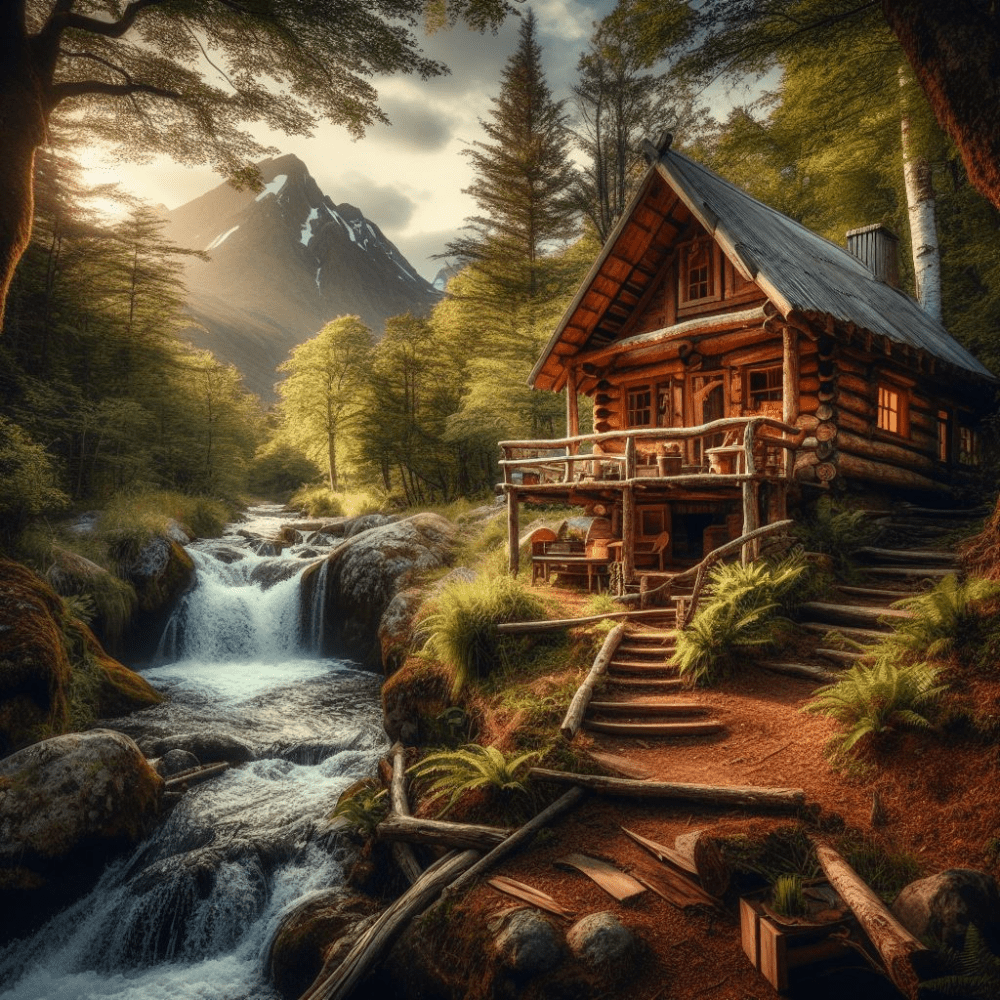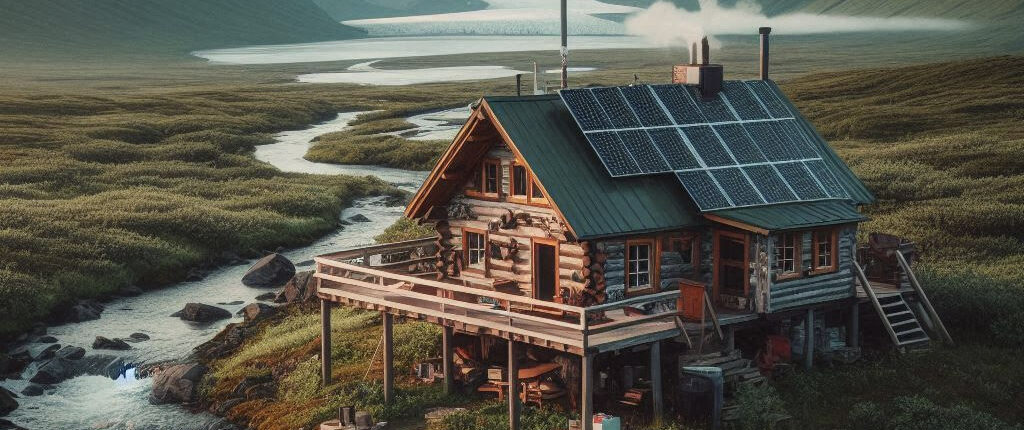Off-grid living has roots in the desire for independence and sustainability. When the hustle of city life gets too loud, many folks yearn for something quieter and more self-sufficient.
This lifestyle isn’t a new concept. Picture the pioneers and homesteaders of the past—those trailblazers who lived without modern conveniences. Today’s off-gridders aren’t much different, just equipped with solar panels instead of oil lamps.
The movement has picked up steam. More people are exploring this way of life, thanks in part to sky-high utility prices and a growing awareness of environmental issues.

Communities built around off-grid living are popping up everywhere. These tight-knit groups support each other, share resources, and often become close friends. Think of them like modern-day villages, but with composting toilets and DIY solar grids.
Specific examples are all over the place. There’s the Earthship community in New Mexico, where homes are made from recycled materials. Or D Acres in New Hampshire, which doubles as a working farm and a learning center for sustainable practices.
Mounting utility costs push people to look for alternatives, and going off-grid can offer a significant cut in monthly bills. Additionally, the appeal of shrinking one’s carbon footprint makes this lifestyle an attractive option for the eco-conscious.
Advantages of Off-Grid Living: Embracing Freedom and Sustainability
Going off-grid means leaning into self-reliance and independence. Imagine waking up each day knowing your energy comes from the solar panels you installed or the wind turbine you set up. It’s a pretty empowering feeling.
This lifestyle reduces your environmental footprint. Off-grid living often means using renewable energy sources, composting waste, and growing your own food. It’s all about sustainability and doing your part for the planet.
Expenses can be lower in the long run. While the initial setup might be pricey, think of it as an investment. Without monthly utility bills, many off-gridders find their living costs decrease over time, allowing for a simpler, more cost-effective way of life.
You get the chance to customize your living space entirely. Whether that’s designing an energy-efficient home or setting up systems that fit your unique needs, off-grid living offers creative freedom you wouldn’t get with a standard house.
Living off the grid brings you closer to nature, which can do wonders for your mental well-being. The slower pace, the peace, and the connection to the natural world can reduce stress and bring a sense of fulfillment.
Challenges and Drawbacks: The Realities of Going Off-Grid
Setting up an off-grid lifestyle can hit your wallet hard initially. Building the infrastructure for energy, water, and waste management is an investment. High upfront costs might discourage some, but for many, the long-term benefits outweigh these early expenses.

Modern conveniences like high-speed internet, on-demand groceries, or even reliable cell service can be limited or unavailable. This means adjusting to a simpler way of life, which isn’t bad, just different.
Isolation can be a real thing. While some thrive in solitude or small communities, others might miss the social activities and amenities cities offer. It’s essential to consider your social needs before making the leap.
Living off-grid requires a certain skill set. From maintaining solar panels to managing a composting toilet, there’s a lot to learn. These skills aren’t just handy—they’re necessary. Be prepared to educate yourself continuously.
Laws and regulations around off-grid living can be a headache. Some areas have strict rules about land use, building codes, and waste management. It’s crucial to research local regulations thoroughly to avoid legal complications.
Making an Informed Decision: Is Off-Grid Living Right for You?
Consider what’s most important to you. Are you committed to sustainability? Do you desire more independence? Understanding your values will help gauge if off-grid living aligns with your goals.

Financial readiness is a must. Gauge your ability to cover initial setup costs and manage ongoing maintenance. It’s a big shift that requires financial planning and a clear budget.
Hybrid solutions may also appeal. Perhaps a mix of on and off-grid living suits your needs better, such as using solar energy while staying connected to municipal water systems. The best of both worlds could offer flexibility.
Thorough planning and preparation are key. Knowledge is power, especially in this lifestyle. Investing time in research and preparation will pay off long-term. Workshops, online courses, and community networks can be invaluable resources.
Learning from those who have already taken the plunge can be immensely helpful. Real-life stories and expert advice offer practical insights and motivation. Hearing about their successes and challenges can provide a realistic view of what to expect.





